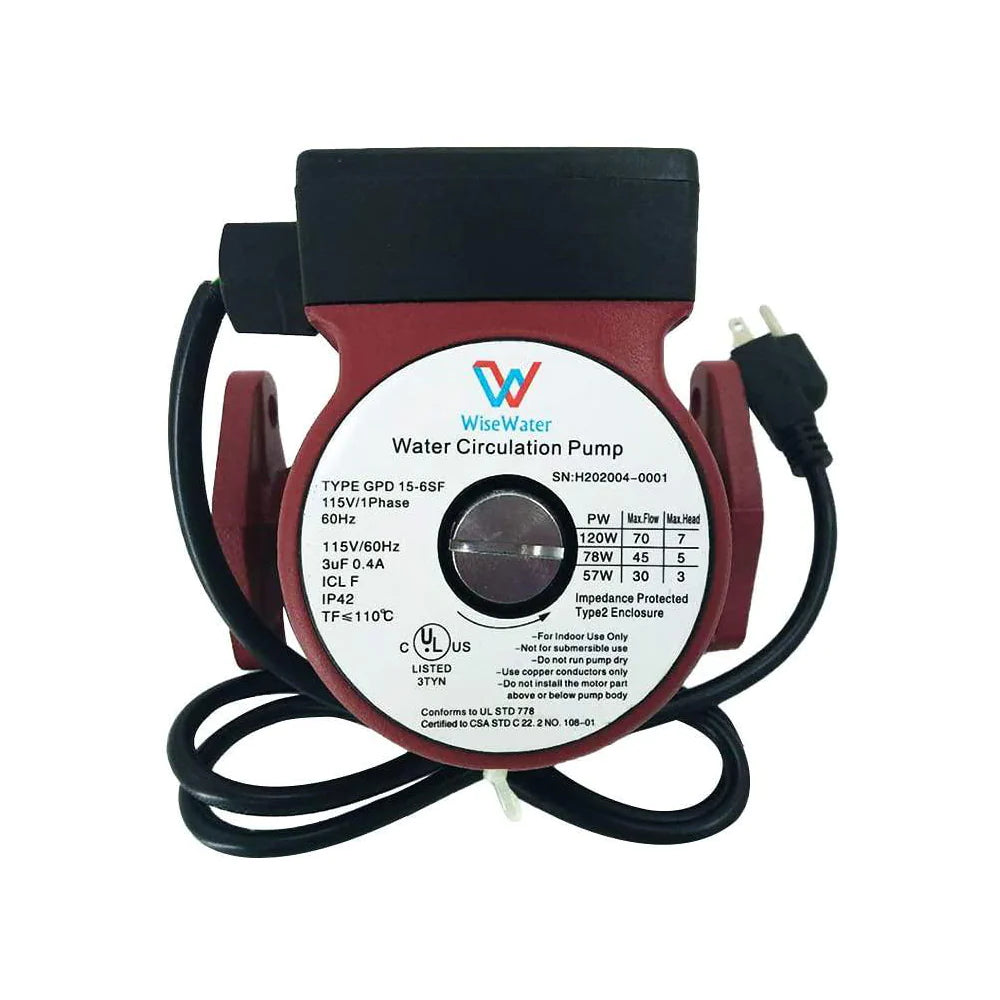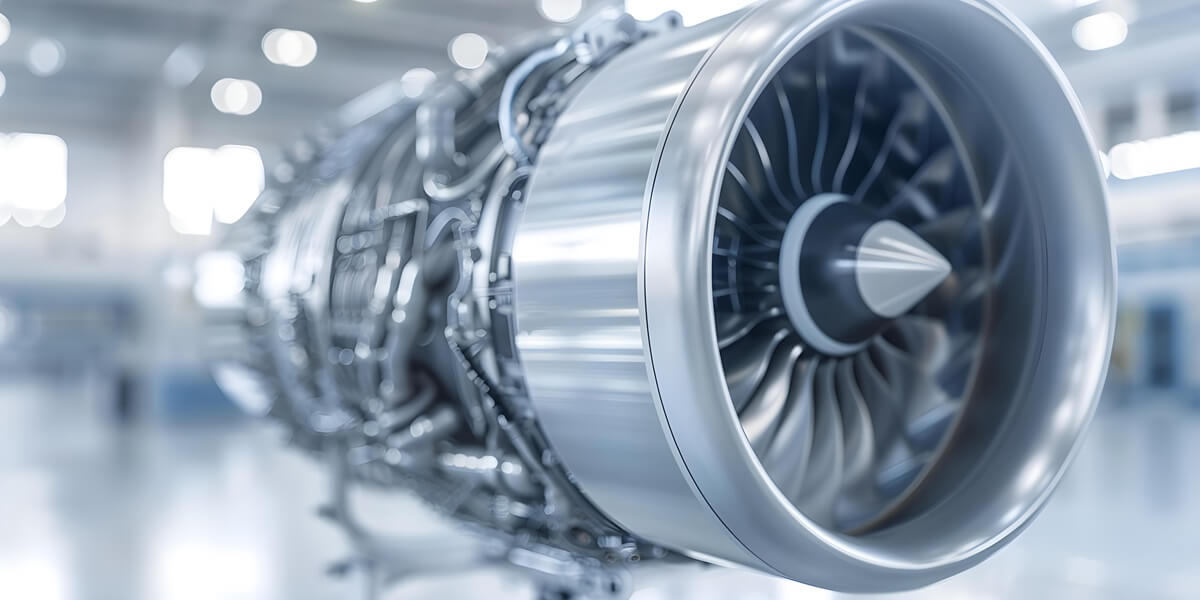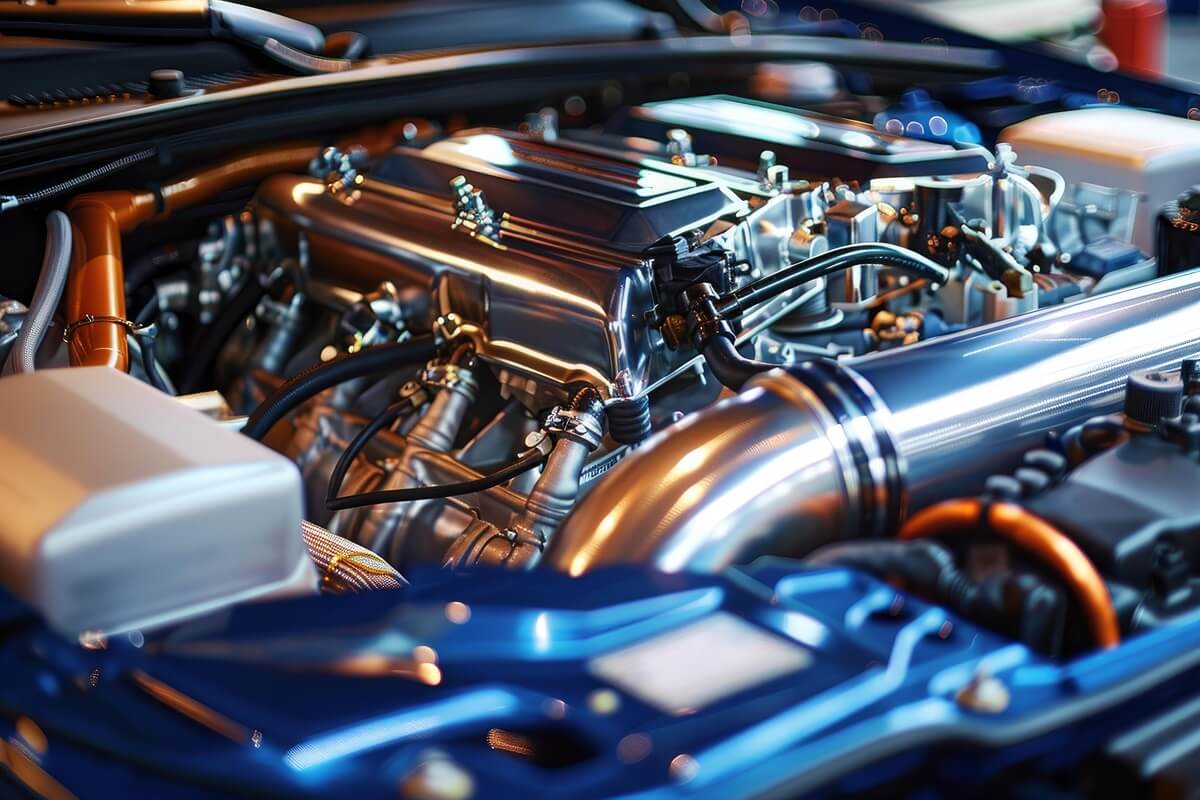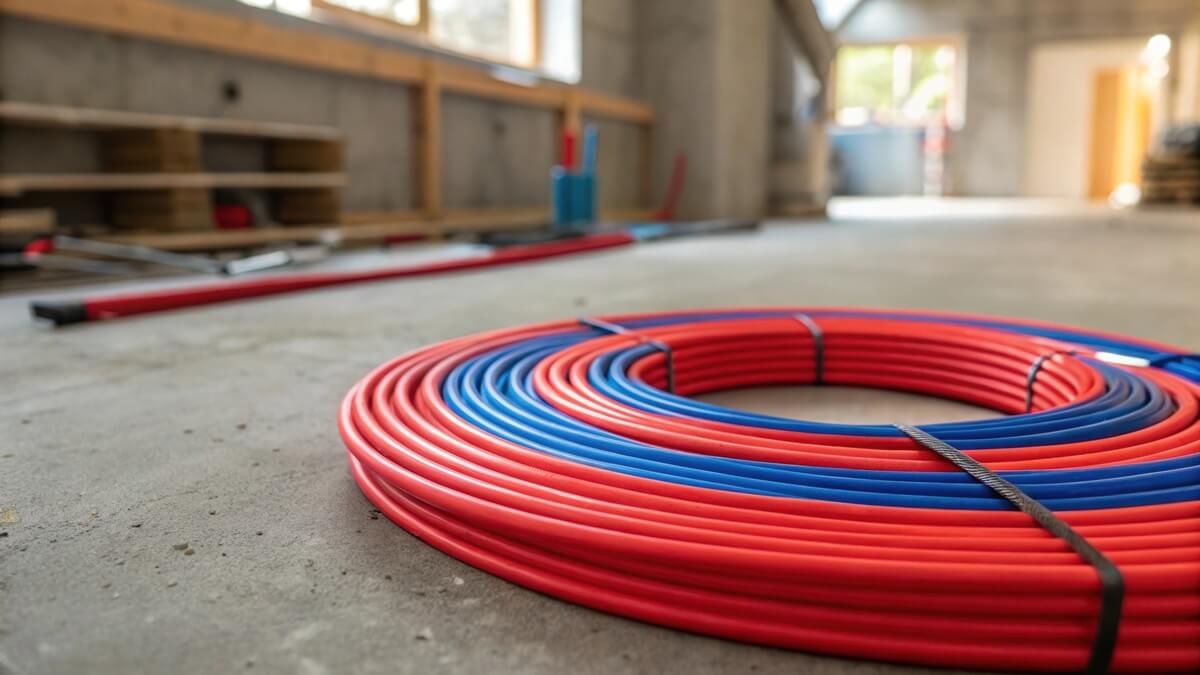Heating, Ventilation, and Air Conditioning (HVAC) systems are at the heart of providing comfort in our homes, regardless of the season. They regulate temperature and ensure efficient air circulation for improved indoor air quality. An integral part of these systems is the heating circulation pump, which functions to distribute warm water throughout your home's radiators or underfloor heating setup. Understanding how to select the right heating circulation pump can significantly enhance your HVAC system's performance, reducing energy consumption and ultimately leading to significant cost savings.
Heating Circulation Pump: The Heartbeat of your HVAC System
The heating circulation pump plays a crucial role in your HVAC system. It moves heated water from the boiler to the radiators or underfloor heating system and then back again. This continuous movement of water ensures a steady and efficient distribution of heat throughout your home. But not all pumps are created equal. The efficiency and longevity of your HVAC system can largely depend on the type and quality of your heating circulation pump.
What to Consider When Choosing a Heating Circulation Pump
When choosing a heating circulation pump, there are several key factors to consider. These include the pump's energy efficiency, the compatibility with your HVAC system, the size of your home, and the specific heating requirements.
Energy Efficiency
Heating circulation pumps can consume a considerable amount of energy if not chosen wisely. A high-efficiency pump can reduce energy consumption by adjusting the flow rate to meet your home's specific heating requirements. These smart pumps can automatically adjust their speed and pressure based on the heating demand, which can significantly lower your energy bills and reduce your carbon footprint.
Compatibility with Your HVAC System
Not every heating circulation pump will be compatible with your existing HVAC system. It's essential to ensure that the pump you choose is suitable for your specific setup. This may include factors like the type and size of your boiler and the structure of your home's heating distribution system.
Home Size and Heating Requirements
Your home's size and heating requirements are another essential aspect to consider. If you have a larger home with multiple radiators or a substantial underfloor heating system, you may need a pump with a higher flow rate. Conversely, a smaller home with fewer heating points may only require a less powerful pump.
Understanding Pump Specifications
Choosing the right heating circulation pump also involves understanding the pump's specifications. These include head, flow rate, and power consumption, among others.
Head and Flow Rate
The head refers to the maximum height that the pump can move water against gravity, while the flow rate denotes the amount of water the pump can move within a specific timeframe. A higher head and flow rate typically mean a more powerful pump. However, it's crucial to balance power with efficiency. Choosing a pump with excessive power for your home's needs can lead to higher energy consumption and unnecessary wear and tear on your HVAC system.
Power Consumption
As with any appliance, the power consumption of a heating circulation pump can impact your energy bills. While a higher-power pump might deliver more heat faster, it can also consume more energy. Therefore, balance is key. Seek a pump that provides adequate heating for your space while minimizing energy usage.
Final Thoughts
Choosing the right heating circulation pump for your HVAC system is no small task. But understanding your heating needs, the compatibility with your system, and the pump's specifications can make the selection process significantly more manageable. Remember, an appropriately chosen pump can enhance your home's comfort, increase your HVAC system's lifespan, and reduce energy costs.
Ultimately, with the right heating circulation pump, your HVAC system will function more effectively, ensuring that you can enjoy a comfortable indoor environment year-round.




